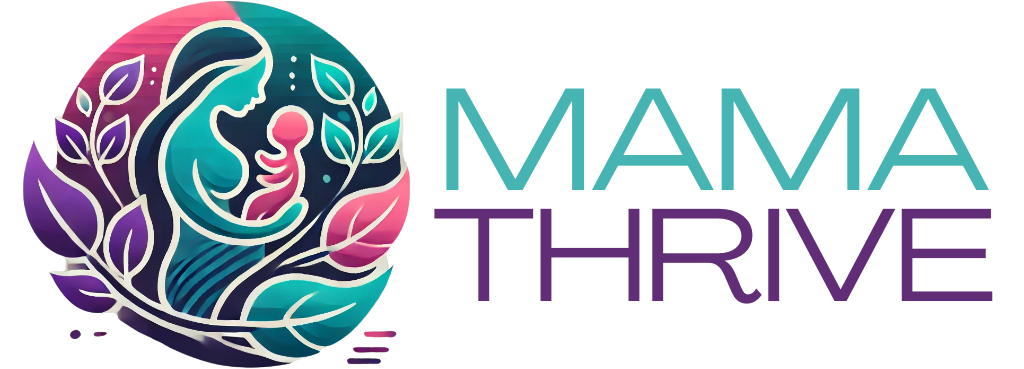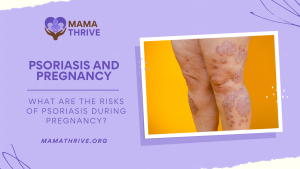Postpartum depression is a common condition that affects many new mothers. Its exact prevalence varies depending on the population being studied and the definitions and criteria used to diagnose the condition. However, some estimates suggest that postpartum depression affects 10-20% of new mothers.
It is important to note that postpartum depression can also affect fathers and other primary caregivers. Some studies have found that the prevalence of postpartum depression in fathers is similar to that in mothers, while others have found that it is slightly lower. It is also worth noting that postpartum depression can occur after any type of birth (e.g. vaginal, cesarean) and can affect women who have had a single birth as well as those who have had multiple births.
Learn more about what postpartum depression is.
Symptoms
- Physical symptoms
Physical symptoms of postpartum depression may include:
- Changes in appetite: Some people with postpartum depression may experience changes in their appetite, such as a loss of appetite or an increase in appetite.
- Changes in sleep patterns: Postpartum depression can disrupt sleep patterns, causing difficulty falling asleep or staying asleep, or excessive sleeping.
- Fatigue: Many people with postpartum depression experience feelings of exhaustion and low energy.
- Physical aches and pains: Some people with postpartum depression may experience physical aches and pains, such as headaches or muscle aches, without a clear cause.
- Emotional symptoms
Emotional symptoms of postpartum depression may include:
- Persistent feelings of sadness, hopelessness, or worthlessness
- Loss of interest in activities that were previously enjoyable
- Difficulty bonding with the newborn
- Anxiety or panic attacks
- Mood swings
- Irritability or anger
- Difficulty concentrating or making decisions
It’s important to note that these emotional symptoms can also be caused by other factors, such as the demands of caring for a newborn, lack of sleep, and changes in hormone levels. It is important to speak with a healthcare provider if you are experiencing any of these symptoms, as they can help determine the cause and recommend the appropriate treatment.
- Cognitive symptoms
Cognitive symptoms of postpartum depression may include:
- Difficulty remembering things or paying attention
- Negative thoughts or self-blame
- Difficulty making decisions or solving problems
- Difficulty with concentration or focus
- Difficulty thinking clearly or thinking “on the spot”
It’s important to note that these cognitive symptoms can also be caused by other factors, such as the demands of caring for a newborn, lack of sleep, and changes in hormone levels. It is important to speak with a healthcare provider if you are experiencing any of these symptoms, as they can help determine the cause and recommend appropriate treatment.
The Importance of Seeking Help
Seeking help for postpartum depression is important for a number of reasons. First and foremost, postpartum depression is a serious and treatable condition that can significantly affect a person’s well-being and ability to function. If left untreated, postpartum depression can have long-term consequences for both the individual and their family.
Seeking help for postpartum depression can also help a person feel better and improve their overall quality of life. Many people who receive treatment for postpartum depression report improvements in their mood, energy levels, and ability to care for themselves and their families.
In addition, seeking help for postpartum depression can provide a sense of relief and support for those who may feel isolated or overwhelmed by their symptoms. By talking to a healthcare provider or mental health professional, individuals can gain a better understanding of their condition and learn coping strategies to manage their symptoms.
Finally, seeking help for postpartum depression can also help prevent the condition from worsening over time. Early intervention can help prevent the development of more severe symptoms and ensure that individuals get the support and treatment they need.
Tips When Talking to a Healthcare Provider
Here are some tips for talking to a healthcare provider:
- Prepare beforehand
Write down a list of your symptoms, any concerns or questions you have, and any relevant information about your pregnancy and childbirth experience. This can help you feel more organized and ensure that you don’t forget anything important during the appointment.
- Bring a loved one or support person
It can be helpful to bring a loved one or support person with you to the appointment for emotional support and to help you remember important information.
- Be honest and open
It’s important to be honest with your healthcare provider about your symptoms and how you’ve been feeling. Don’t be afraid to share your feelings, even if they seem irrational or embarrassing.
- Ask questions
It’s okay to ask questions and seek clarification about your diagnosis, treatment options, and potential side effects. This can help you feel more informed and empowered in your care.
- Take care of yourself after the appointment
Make sure to follow your healthcare provider’s recommendations and take steps to care for yourself after the appointment. This may include getting enough rest, eating well, and seeking additional support from loved ones.
Manage Postpartum Depression with Mama Thrive
Mama Thrive Telehealth Program helps provide relief to new mothers suffering from postpartum depression. Women face unique hardships during this time and the program’s holistic approach combines educational and psychosocial support with a medical assessment. Patients are connected with certified mental health professionals and can access programs that have proven effective. The program truly provides a one-stop solution for new moms to manage their postpartum symptoms, achieve peace of mind, and regain confidence.





